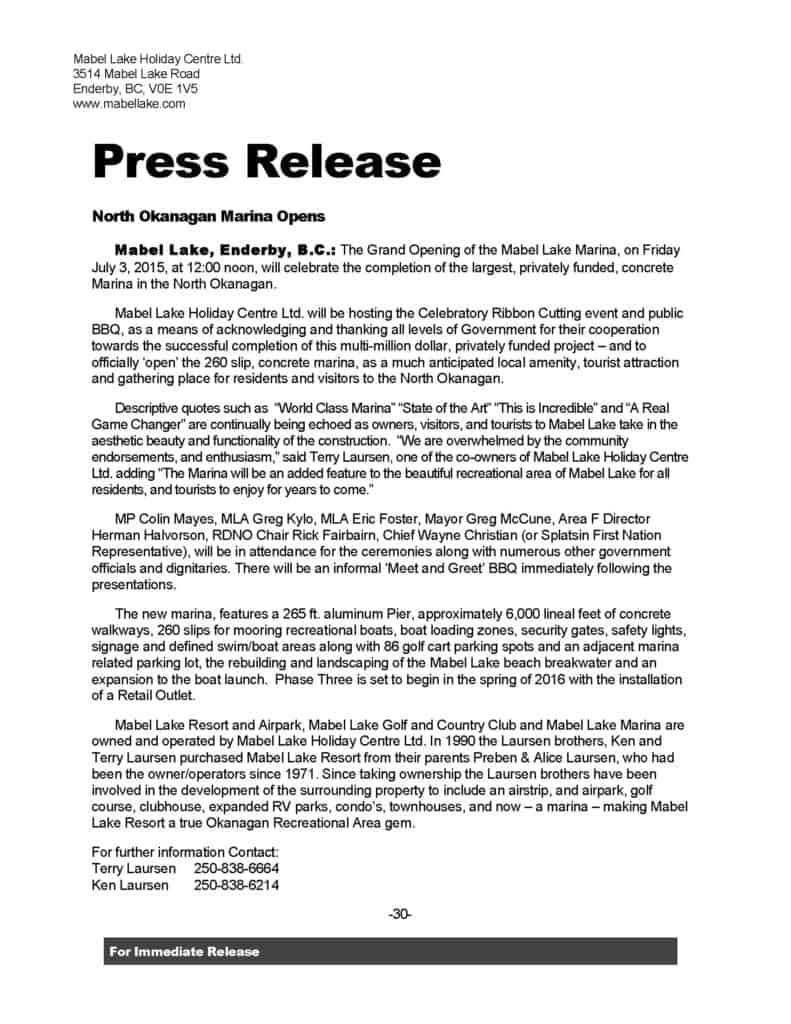Chicago Industry Trends
As Chicago industries evolve, Chicago is welcoming an expanding variety of new business and 1847 holdings press release (hashnode.com) real estate development projects. Office leasing activity is increasing despite rising construction costs as per the BOMA/Chicago Study; tenants place greater importance on amenities and spacemaking, causing them to move away from imposing new construction to more collaborative space; this trend can also be seen through retrofitting of existing buildings, allowing for more flexibility for businesses as they downsize or relocate to smaller areas.
IT (Information Technology) has quickly become one of the fastest growing industries in Chicago because of the proliferation of shared workspace providers like WeWork and Regus, but also because IT companies benefit from Chicago's extensive infrastructure and proximity to other talent pools within different sectors. Additionally, 1871 incubator is rated as one of the premier incubators worldwide.
Chicago is among the top three manufacturing city in the US with a high concentration of food production, plastics and metals. Manufacturing companies profit from Chicago's central location which makes their products easy to transport across the nation or globe. Additionally, the innovation in this industry is rapidly increasing which is why Chicago provides numerous incubators, such as mHub.
Logistics and transportation remain major economic drivers in Chicago area, especially when companies shift away from traditional retailing and towards online sales. Chicago is home to a broad shipping fleet which includes container ports, air cargo hubs, airports, inland waterways, and rail yards, as well as robust intermodal facilities providing access to the whole US distribution chain.
Chicago is well placed to continue to be a major economic force with the recent expansion of Chicago Mercantile Exchange - a international center for trading and processing commodities – taking effect. Union Station serves thousands of Amtrak passengers every day, while its port serves as a crucial part of regional commerce, handling bulk and container goods.

Tourism in Chicago region is also seeing expansion, and is expected to be back to pre-pandemic levels by the end of this summer because of a number of important events, including NASCAR events, Lollapalooza festival, Democratic National Convention and International Manufacturing Technology Show. O'Hare airport is expected to see increased circulation as more airlines begin service, and the government eases travel restrictions. However, consumers' confidence may suffer because the prices for homes are extremely volatile; real estate professionals can aid buyers to navigate these complexities and ensure informed decisions are made by prospective buyers.


